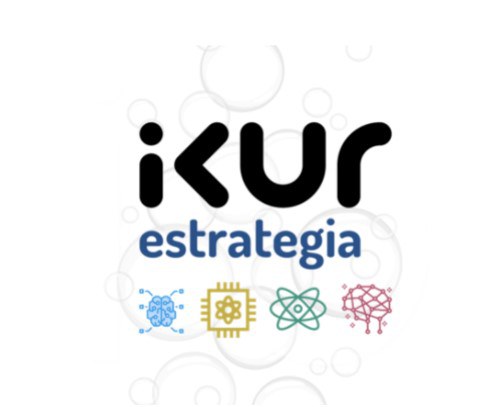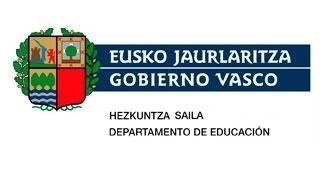PostDoc - Quantum Lanczos Methods for Quantum Chemistry (Closed)
david.casanova@dipc.org
We are currently accepting applications for the above mentioned position. This is a unique opportunity for junior researchers with a recent PhD degree in Physics or related fields to join one of DIPC’s high-profile research teams.
The role
The present research project (QLan4QChem) is dedicated to the design and optimization of cutting- edge quantum computing algorithms tailored for the efficient estimation of ground states in quantum chemistry. Specifically, QLan4QChem aims to push the boundaries of quantum chemistry by furthering the development of the recently introduced Quantum Lanczos (QL) method, as detailed in Quantum 7, 1018 (2023). Central to this endeavor is the recognition that the QL method's effectiveness, like for the phase estimation algorithm, is intricately linked to the quality of the initial input state. Consequently, the QLan4QChem project is dedicated to the exploration of innovative strategies geared towards enhancing the state preparation process for the QL method, with the ultimate goal of advancing the precision and efficiency of molecular simulations in quantum chemistry. QLan4QChem combines theoretical and computational methods to advance the capabilities of quantum computing in simulating and understanding molecular systems, with the ultimate goal of contributing to more accurate and efficient quantum chemistry tools and applications within the present and near-future noisy intermediate scale quantum (NISQ).
Desired background & competences
The researcher with good background in electronic structure theory of molecular systems and quantum chemistry in general, and with experience and proven skills on scientific programing (Python, Fortran, C++).
Working conditions
- Estimated annual gross salary: Salary is commensurate with qualifications and consistent with our pay scales
- Target start date: 2024/04/03
We provide a highly stimulating research environment, and unique professional career development opportunities.
We offer and promote a diverse and inclusive environment and welcomes applicants regardless of age, disability, gender, nationality, ethnicity, religion, sexual orientation or gender identity.
The center
About the team
The team works on molecular electronic structure. In particular, the candidate will work within the research line dedicated to the development of quantum algorithms
How to apply
Interested candidates should submit an updated CV and a brief statement of interest to the following application email below.
Reference letters are welcome but not indispensable.
The reference of the specific opening to which the candidate is applying should be stated in the subject line, and the application must be received before the application deadline.
Although candidates are welcome to contact the project supervisors to know further details about the proposed research activity, please be aware that the application will be evaluated only if it is submitted directly to the email address listed below as application email.
- Reference: 2024/11
- Application deadline: 2024/03/31
- Application email: jobs.research@dipc.org
Selection process
Applications received by the deadline will be evaluated by a Committee designed by the DIPC board on the basis of the following criteria:
- CV of the candidate (40%)
- Adequacy of the candidate’s scientific background to the project (40%)
- Reference letters (10%)
- Other: Diversity in gender, race, nationality, etc. (10%)
Evaluation results will be communicated to the candidates soon after. Positions will only be filled if qualified candidates are found.
The DIPC may revoke its decision if the candidate fails to join by the appointed time, in which case the position will be awarded to the candidate with the next highest score, provided it is above 50 (out of 100).
However, the selected candidate may keep the position if, in the opinion of the Selection Committee, the candidate duly justifies the reasons why he or she cannot join before the specified deadline, and as long as the project allows it.
This project has received funding from "Quantum Lanczos Methods for Quantum Chemistry - QLan4QChem"


